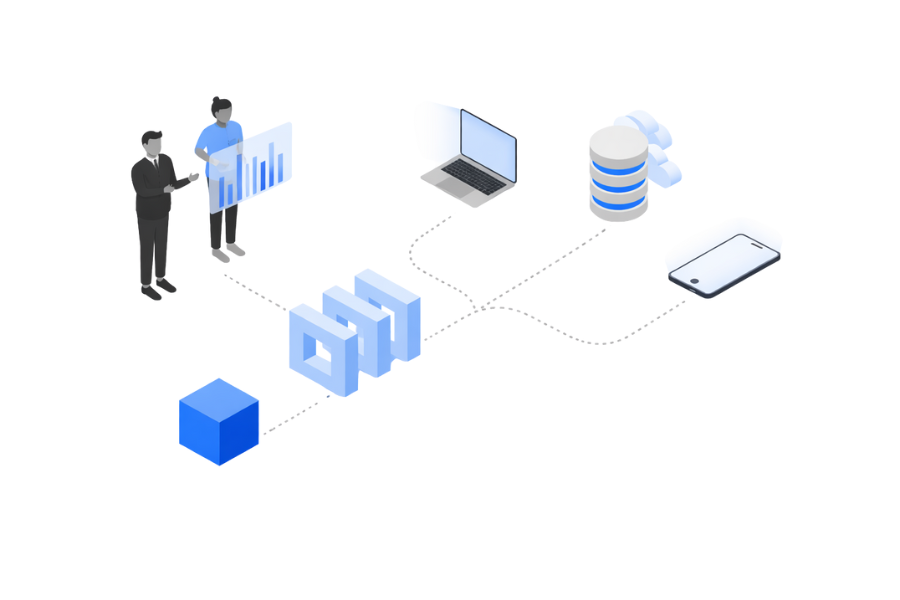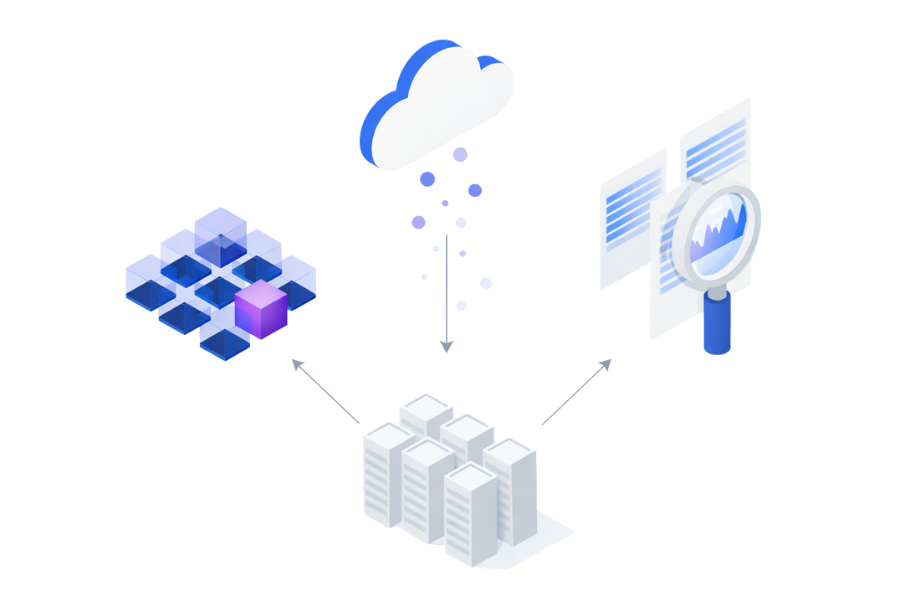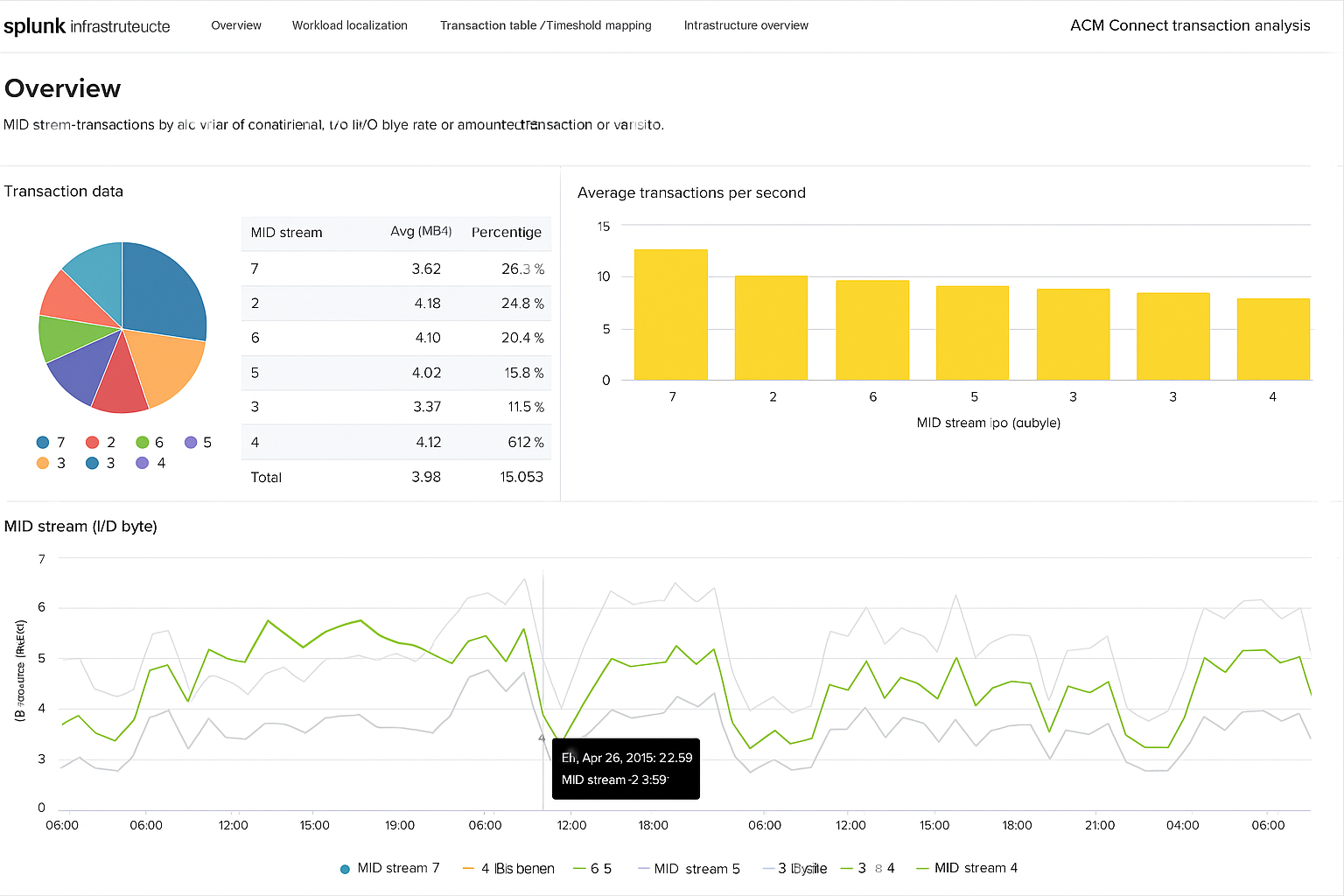
IBM IMS - A Powerful Transaction and Database Management Solution for High-Volume Operations
Secure, scalable, and built for mission-critical applications on IBM z/OS.
Overview of the Product
IBM Information Management System (IMS™) is an advanced, secure database and transaction management system that runs on IBM z/OS®. Built for high-performance online transaction and data processing, IMS supports billions of transactions daily while integrating with modern tools to extend the functions of business-critical applications. IBM IMS is a proven IBM information management system trusted by enterprises for decades to process billions of transactions daily with exceptional performance and availability. As a core IBM data management platform, IMS supports secure, resilient database and transaction processing for large-scale enterprise systems.
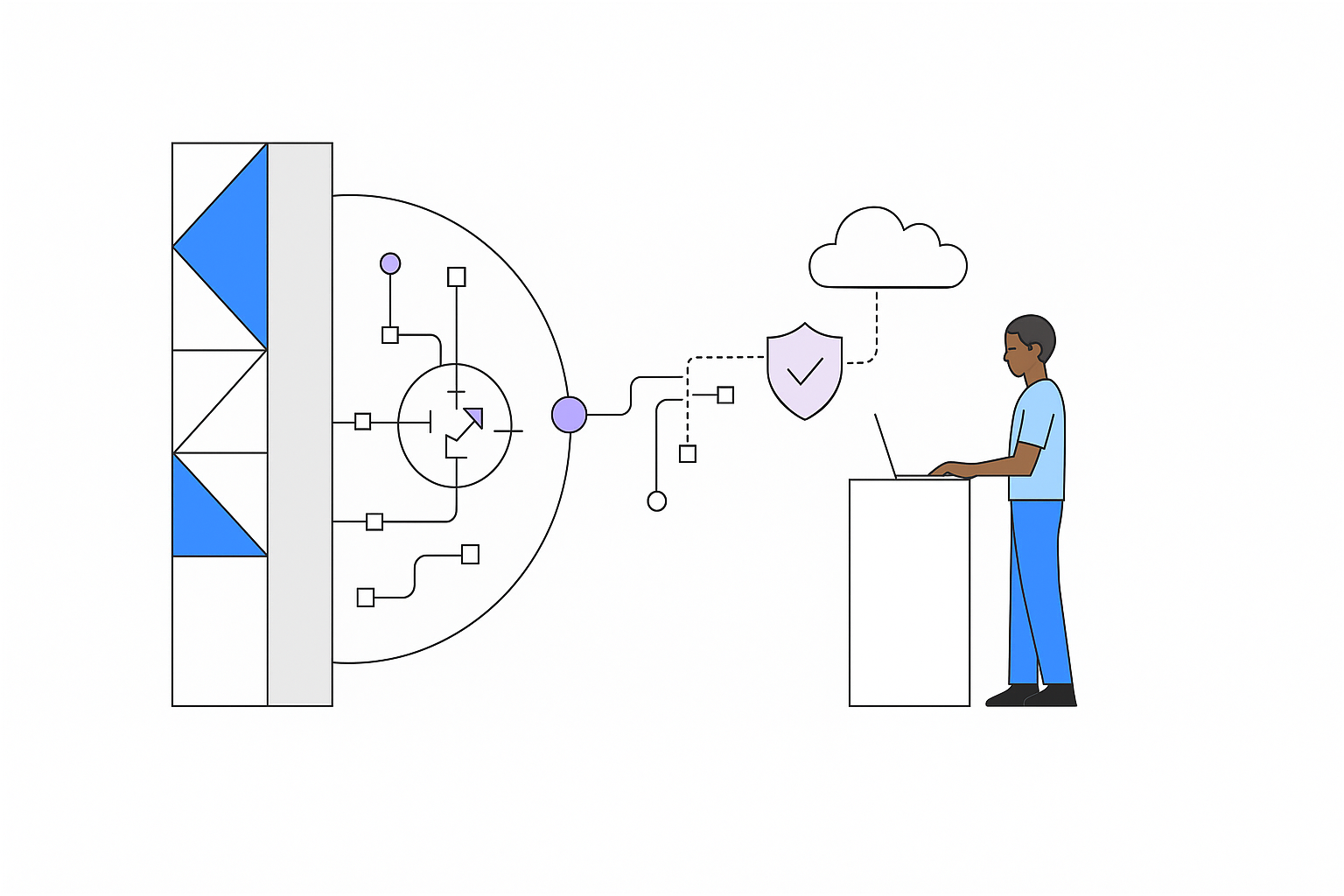
Why Choose IBM IMS?
Support for high-volume, real-time transactions, with robust transaction recovery features.
Leverages IBM Z® security to protect your enterprise and ensure data integrity.
Easily integrate with modern tools and cloud technologies via APIs and hybrid cloud solutions.
Tailored pricing models, including monthly licenses and one-time charge metrics, making it accessible for different workloads.
Automate administrative tasks and streamline DevOps pipelines using open-source tools like Ansible®.
Simple integration into existing enterprise environments with Java™ and REST APIs.
What the Numbers say?
Performance metrics are based on IBM IMS benchmarks and real-world enterprise deployments.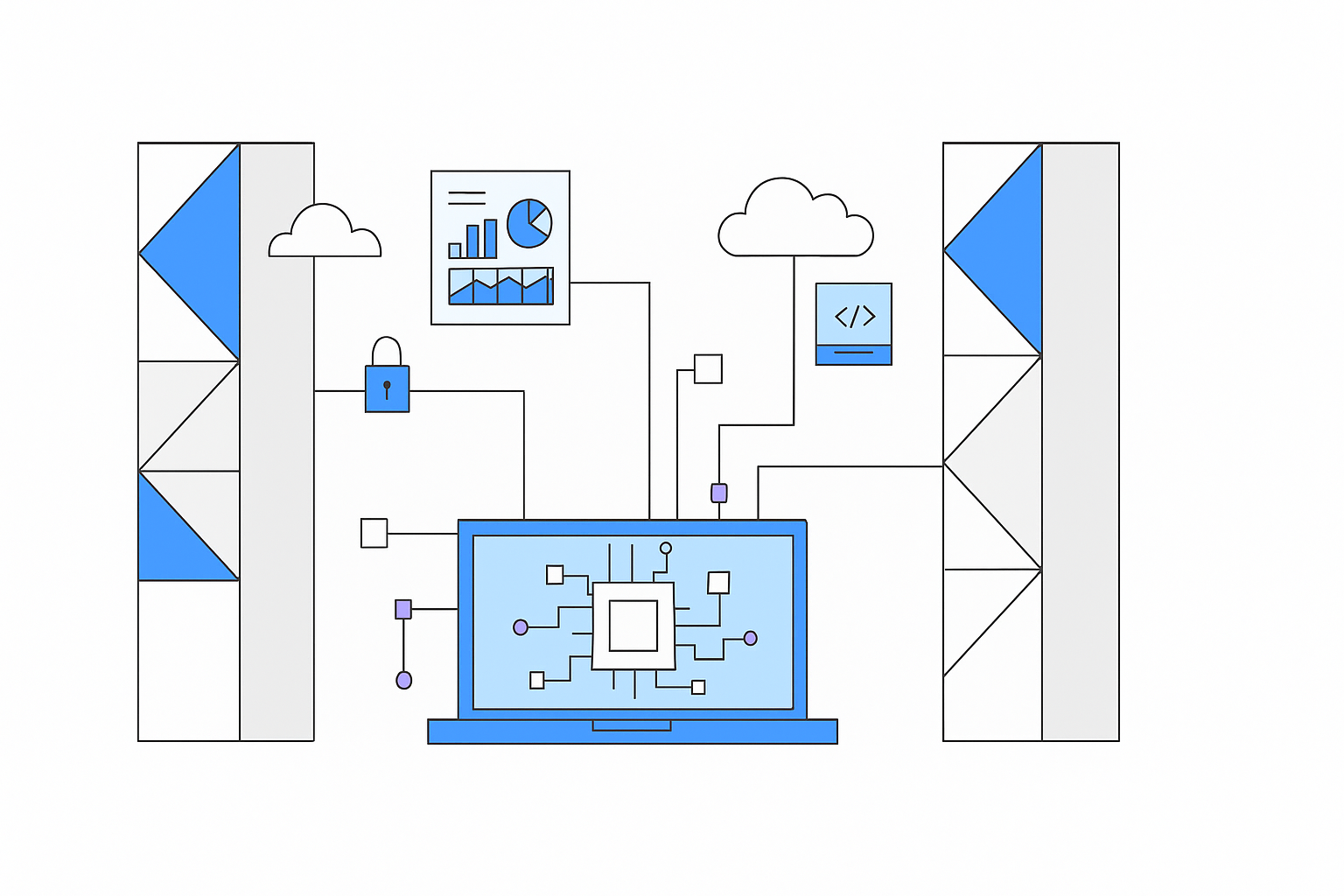
Features

Ensures smooth processing of billions of transactions daily with high availability and recovery support.

Securely stores, manages, and processes critical data without compromising speed or performance.

Leverage IBM z/OS Connect to extend IMS to hybrid cloud environments and access data seamlessly.

Integrates with IBM Z security technologies to protect enterprise-level data and transactions.

Supports integration with emerging technologies and modern programming languages such as Java and REST APIs.

Simplify management tasks with tools like Red Hat® Ansible Certified Content for IBM Z.
Key Facts
IBM IMS continues to power some of the world’s most critical enterprise transaction systems across finance, insurance, retail, and telecommunications.What The Users Say

Over 400 financial institutions trust IMS for mission-critical transaction management.
Leading Global Banks

Uses IMS to process 80 billion core banking transactions annually, incorporating Java for modernizing existing applications with no risk to operational efficiency.
Atruvia AG

“WebMethods helped us integrate critical systems faster, enhancing our operations with seamless API connections.”
Komatsu

“IBM webMethods streamlined our processes and improved real-time decision-making, ultimately enhancing our ability to scale effectively.”
Carnival Cruise Line
FAQ's
IBM IMS plays a critical role in enterprise modernization and integration strategies. When combined with IBM Cloud Pak for Applications, organizations can modernize legacy IMS workloads and deploy cloud-native services. Integration with IBM App Connect enables seamless connectivity between IMS data and distributed applications across hybrid cloud environments.
What is IBM IMS used for?
IBM Information Management System (IMS) is a high-performance hierarchical database and transaction manager built for IBM Z mainframes. It supports mission-critical workloads like banking, healthcare, and telecom.
Is IBM IMS still relevant for modern enterprises?
Yes, IBM IMS remains highly relevant for modern enterprises by supporting hybrid cloud integration, API enablement, and legacy modernization while maintaining unmatched transaction performance.
What are the components of IMS?
IMS consists of IMS DB (database manager) and IMS TM (transaction manager). Together, they provide ultra-fast data retrieval and reliable transaction processing at scale.
How does IMS compare to relational databases?
Unlike relational databases, IMS uses a hierarchical model, allowing faster data access and fewer I/O operations. It’s ideal for high-throughput, low-latency use cases.
Can IMS be integrated with modern APIs or cloud environments?
Yes. IMS offers integration via z/OS Connect and APIs, allowing IMS applications to be exposed as RESTful services or consumed by modern platforms and microservices.
What tools support IMS development?
IBM provides tools like IMS Explorer, IMS Enterprise Suite, and integration with COBOL, PL/I, and Java, helping developers maintain and modernize IMS-based systems efficiently.
Is IMS still relevant for digital transformation?
Yes. IMS remains critical for industries requiring speed, availability, and data integrity. It can be modernized to participate in hybrid cloud environments through API-enablement and DevOps.
How is data consistency ensured in IMS?
IMS guarantees ACID properties through advanced transaction control, checkpointing, and data locking mechanisms—ensuring data accuracy even in high-volume environments.
How can Nexright support your IMS modernization journey?
Nexright assists enterprises with IMS API enablement, DevOps pipeline integration, data migration strategies, and cloud-native extensions—ensuring legacy systems align with digital transformation goals.










